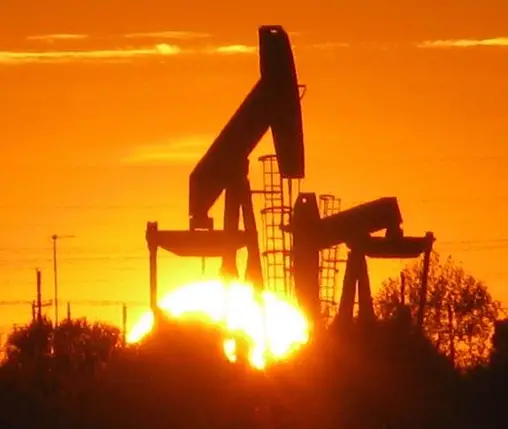On Wednesday, Russian Energy Minister Nikolay Shulginov said that Russia projects a decline in its oil and gas output this year compared to 2022.
In February, Russia announced that in response to the sanctions being imposed on it by the EU, G7 nations, and allies, it would be voluntarily reducing its oil production by 500,000 barrels per day, and halting all fuel sales to any countries which sought to impose the so-called price cap. Moscow said it was an attempt to restore market relations, which it said were shattered by the “illegal” sanctions.
Shulginov, addressing the Russian Parliament, said that in 2023, he would expect “oil production levels to be slightly lower, because of the voluntary reduction in output.” He added that “gas production volumes will continue to decline, both due to the abandonment of the European market and the timing of the rerouting of energy flows to the East.”
Last month, Alexander Dyukov, the chief executive of Russian oil company Gazprom Neft, a subsidiary of Gazprom, said the reduction in oil production by Russia will help to balance the global oil market, which is presently in a surplus.
Last year Russian oil production rose, from 524.5 million tons in 2021 to 535.1 million tons for 2022. Gas production fell, from 763 billion cubic meters (bcm) in 2021 to 674 bcm in 2022.
Russia’s oil exports rose in January to an all-time high previously seen in February of 2020, even in spite of the EU embargo on Russian seaborne crude, as customers rushed to boost their reserve supplies of the fuel according to a report by the International Energy Agency.
At the same time, Saudi Arabia issued a warning that measures such as price caps or the NOPEC bill being considered in the United States, will only cause market instability and disrupt global trade flows, boosting prices over the long term.

